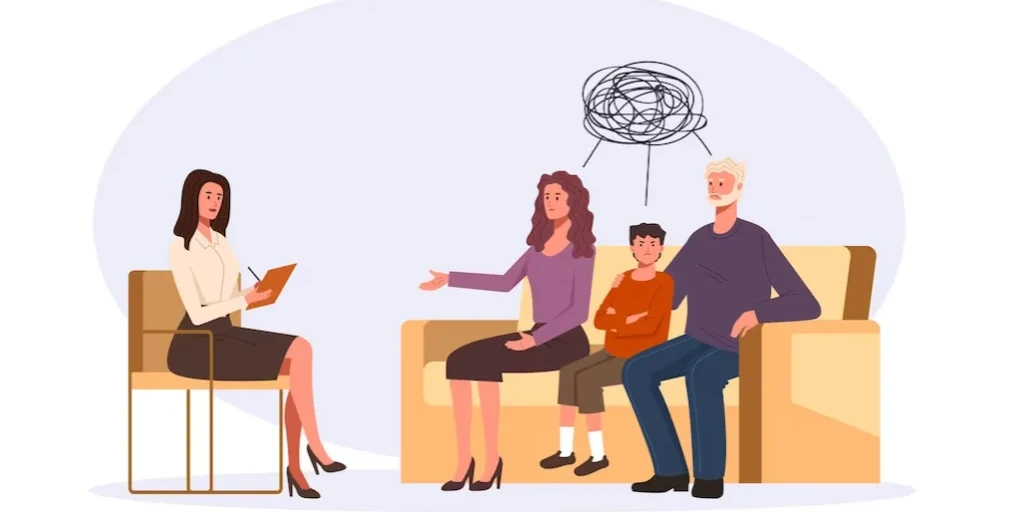24/7 Helpline:
(866) 899-111424/7 Helpline:
(866) 899-1114
Learn more about Dual Diagnosis Rehab centers in Clawson
Dual Diagnosis Rehab in Other Cities

Other Insurance Options

Anthem

UnitedHealth Group

Absolute Total Care

Cigna

AllWell

BlueShield

Aetna

Highmark

Optima

BHS | Behavioral Health Systems

GEHA

Self-pay options

Evernorth

WellCare Health Plans

Premera

American Behavioral

Ambetter

Medical Mutual of Ohio

Amerigroup

Choice Care Network








































































Four Corners Behavioral Health
Four Corners Behavioral Health is a private rehab located in Castle Dale, Utah. Four Corners Behavio...

Four Corners Behavioral Health
Four Corners Behavioral Health is a public rehab located in Green River, Utah. Four Corners Behavior...

Southwest Counseling Service
Southwest Counseling Service is a comprehensive community mental health center that has been providi...









